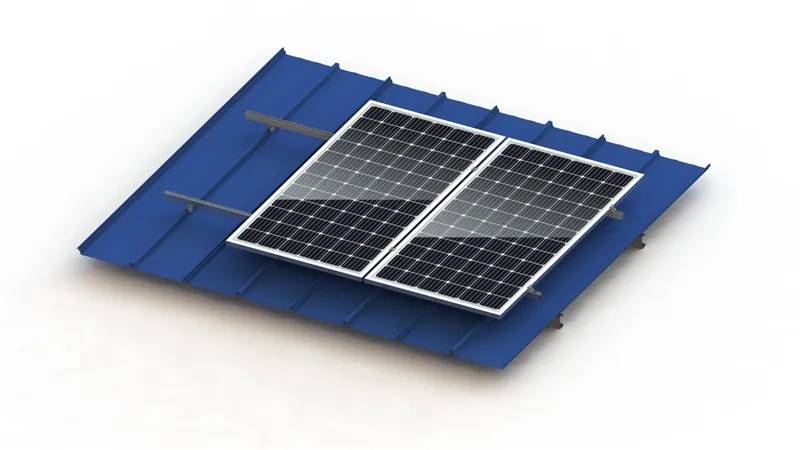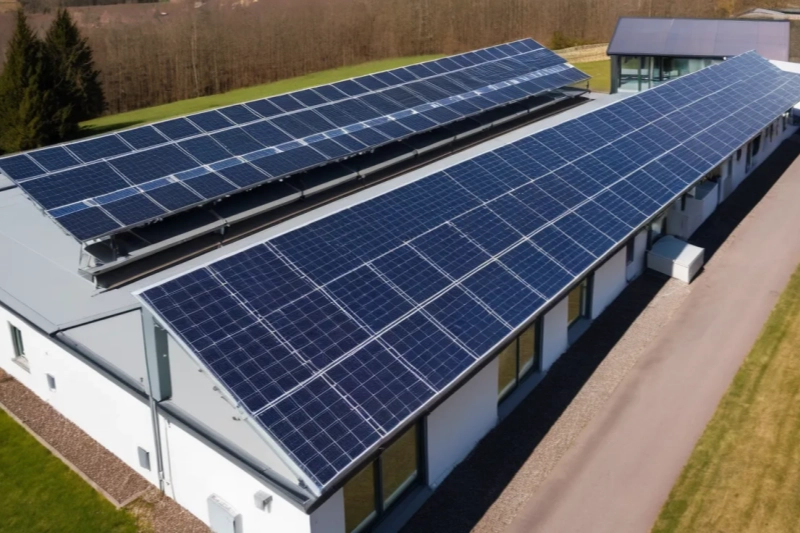How Do Solar Rooftop Systems Work?
Solar rooftop systems are becoming increasingly popular as people seek to reduce their carbon footprint and lower their energy costs. These systems harness the power of the sun to generate electricity, providing a sustainable and efficient alternative to traditional energy sources.
Understanding the Basics of Solar Rooftop Systems
At the heart of a solar rooftop system are solar panels. These panels are composed of photovoltaic cells, which convert sunlight into electrical energy. When sunlight strikes the solar panels, the photovoltaic cells absorb the energy and generate direct current (DC) electricity.
The Role of the Inverter
The DC electricity produced by the solar panels is not directly usable in most homes or businesses. To make it compatible with the standard alternating current (AC) power grid, an inverter is necessary. The inverter converts the DC electricity from the solar panels into AC electricity, which can then be used to power your home or business.
Components of a Solar Rooftop System
A typical solar rooftop system consists of several key components:
Solar Panels: These are the primary components that capture sunlight and convert it into electricity.
Inverter: The inverter converts the DC electricity from the solar panels into AC electricity.
Mounting System: The best solar panel roof mounting systems secure the solar panels to your roof, ensuring optimal sunlight exposure.
Wiring and Cables: These components connect the solar panels, inverter, and other system components.
Monitoring System: A monitoring system allows you to track the performance of your solar rooftop system, including energy production and system health.
How Solar Rooftop Systems Work with the Grid
There are two primary ways in which solar rooftop systems interact with the electrical grid:
Grid-Tied Systems: These systems are connected to the local utility grid. When your solar panels produce more electricity than you need, the excess can be fed back into the grid for credits.
Off-Grid Systems: These systems are not connected to the grid. They typically include batteries to store excess energy for use during power outages or at night.
Benefits of Solar Rooftop Systems
Solar rooftop systems offer numerous benefits, including:
Reduced Electricity Costs: By generating your own electricity, you can significantly reduce your reliance on the grid and lower your electricity bill
Environmental Sustainability: Solar energy is a clean and renewable energy source, reducing your carbon footprint and contributing to a healthier planet.
Increased Property Value: Installing a solar rooftop system can increase the value of your property.
Government Incentives: Many governments offer incentives, such as tax credits or rebates, to encourage the adoption of solar energy.

Conclusion
If you're considering investing in a solar rooftop system, it's important to understand how these systems work and the benefits they offer. By carefully evaluating your energy needs and considering the available options, you can make an informed decision about whether a solar rooftop system is right for you.
Ready to take the next step? Contact us today to get a free quote and learn more about how solar rooftop systems can benefit you.


